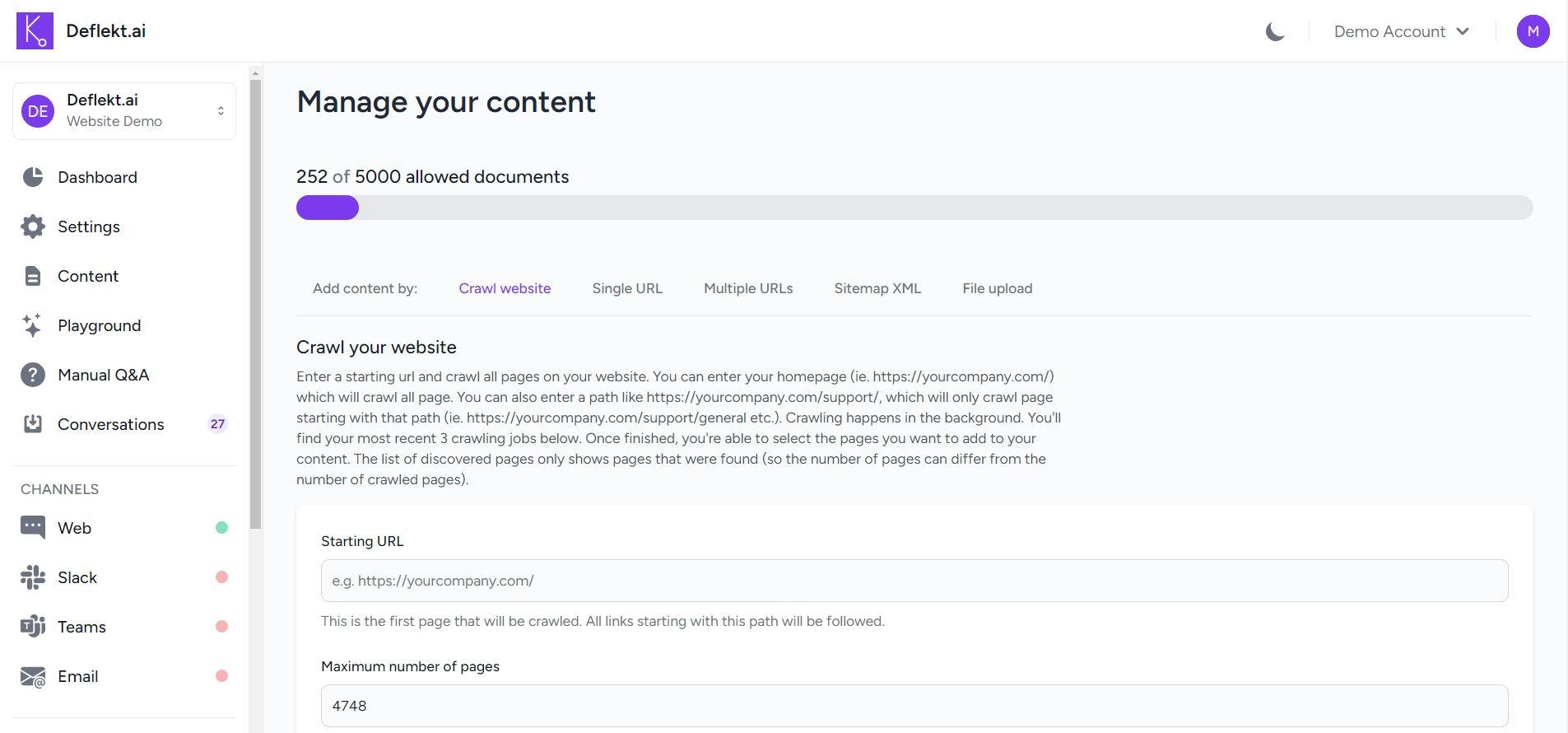The future for Human Resources with Generative AI
In today's rapidly evolving business landscape, the role of Human Resources (HR) is undergoing a transformation. As organizations strive to remain competitive and agile, they are increasingly turning to innovative technologies to streamline processes and unlock new opportunities. One technology that has a lot of potential for the future of HR is Generative Artificial Intelligence (AI).
Generative AI is revolutionizing the HR landscape by enabling organizations to enhance talent acquisition, employee engagement, and performance management in so many ways. At the heart of this transformation lies the ability of generative AI to analyze vast amounts of data, identify patterns, and generate insights that drive informed decision-making.
1. Talent acquisition:
Generative AI algorithms have the capability to sift through resumes, social media profiles, and other sources of candidate information to identify top talent more efficiently. By analyzing past hiring patterns and success metrics, these algorithms can also help predict which candidates are likely to thrive within the organization, leading to better hiring decisions and reduced turnover rates.
2. Employee engagement:
Engaged employees are the cornerstone of organizational success, and generative AI can play a pivotal role in fostering a culture of engagement. By analyzing employee feedback, sentiment, and interaction data, AI algorithms can provide valuable insights into what drives employee satisfaction and productivity. This, in turn, allows HR professionals to tailor their initiatives and interventions to better meet the needs of their workforce.
3. Performance management:
Traditional performance management systems often suffer from biases and subjectivity. Generative AI, however, offers a more data-driven approach to performance evaluation. By analyzing objective performance metrics, as well as factors such as workload, collaboration patterns, and skill development, AI algorithms can provide more accurate and fair assessments of employee performance. This enables organizations to identify high-potential talent, address performance gaps, and allocate resources more effectively.
Embracing the Future:
As organizations embrace the potential of generative AI in HR, it is crucial to approach its implementation thoughtfully and ethically. While AI can augment human decision-making and streamline processes, it is not without its challenges. HR professionals must ensure transparency, fairness, and accountability in the use of AI algorithms to maintain trust and mitigate potential risks.
Conclusion:
In conclusion, Generative AI holds immense promise for the future of HR, empowering organizations to unlock the full potential of their workforce. By leveraging AI-driven insights, HR professionals can make more informed decisions, drive employee engagement, and foster a culture of continuous improvement. As we embark on this transformative journey, let us embrace the possibilities that Generative AI offers and chart a course towards a more efficient, agile, and people-centric HR function.
Source: Generative AI and the Future of HR" by McKinsey & Company
